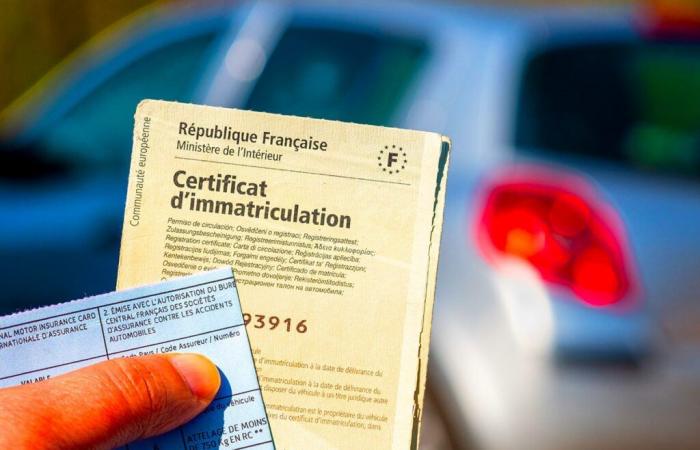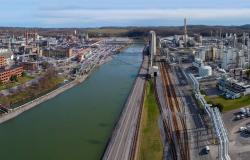From the start of 2025, Normandy will hold the national record for highest rate for tax horsereaching 60 euros. This spectacular increase represents an increase of 72% in just two years, a figure that is sure to make drivers in the region react.
To illustrate the impact of this measure, let's take the example of a 5 horsepower vehicle, a common category among French cars:
- Current cost of the registration certificate: 230 euros
- New cost from 2025: 300 euros
- Increase: 70 euros
This increase is added to other already existing charges, such as the ecological penalty, calculated based on CO2 emissions, and the weight penalty. The combination of these different taxes risks weighing heavily on the wallets of Norman motorists.
The reasons given for this increase
Hervé Morin, centrist president of the Normandy regional council, justifies this decision by the budgetary constraints imposed by the State. Faced with the financial restrictions affecting many local authorities, the Normandy region has chosen to partly compensate for these losses by increasing the tax on the fiscal horse.
This measure is expected to generate between 30 and 40 million euros in additional revenue for the region. These funds will be allocated to various public projects and services, including:
- Transport infrastructure
- Professional training
- Support for local businesses
Although this increase is unpopular, it is presented as a necessary solution to maintain the quality of public services in Normandy, despite the reduction in state funding.
Impact on motorists and exceptions
The increase in the price of the tax horse will have a different impact depending on the type of vehicle owned. Here is a summary table of costs for different categories of vehicles:
| Fiscal power | Current cost | Cost 2025 | Augmentation |
|---|---|---|---|
| 4 CV | 184 € | 240 € | 56 € |
| 5 CV | 230 € | 300 € | 70 € |
| 6 CV | 276 € | 360 € | 84 € |
| 7 CV | 322 € | 420 € | 98 € |
It is important to note that the owners of electric vehicles will be exempt of this increase. This exception is part of a desire to promote the energy transition and encourage the adoption of less polluting vehicles in Normandy.
This measure could have consequences on consumer choices. Some may be encouraged to opt for less powerful or electric vehicles to avoid this significant increase in registration costs.
Perspectives and reactions
The announcement of this increase has already sparked strong reactions among Norman motorists. Some are worried about the impact on their purchasing power, already undermined by inflation and the rising cost of living.
Consumer associations and automobile unions are calling for vigilance and asking for support measures for the poorest households. They fear that this increase will slow down the renewal of the vehicle fleet, which could go against environmental objectives.
Faced with these concerns, the government may have to take measures to limit the social impacts of this increase. Discussions are underway to possibly modify the conversion bonus or put in place new aid for the purchase of clean vehicles.
This increase in the price of the tax horse in Normandy is part of a broader context of transformation of the automobile sector. Between environmental objectives et budgetary constraintslocal and national authorities are seeking a delicate balance to support the transition to more sustainable mobility, while preserving citizens' purchasing power.






